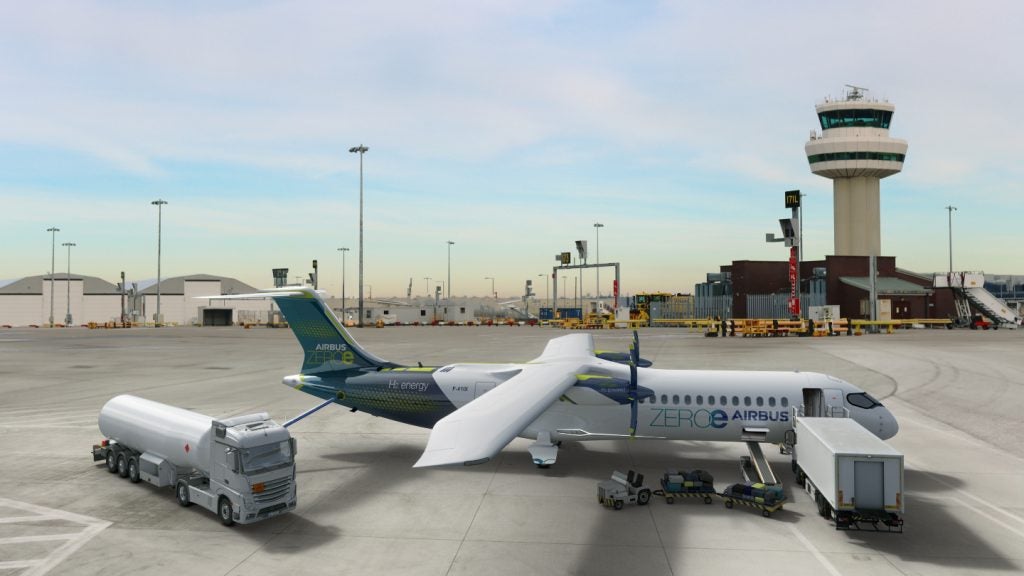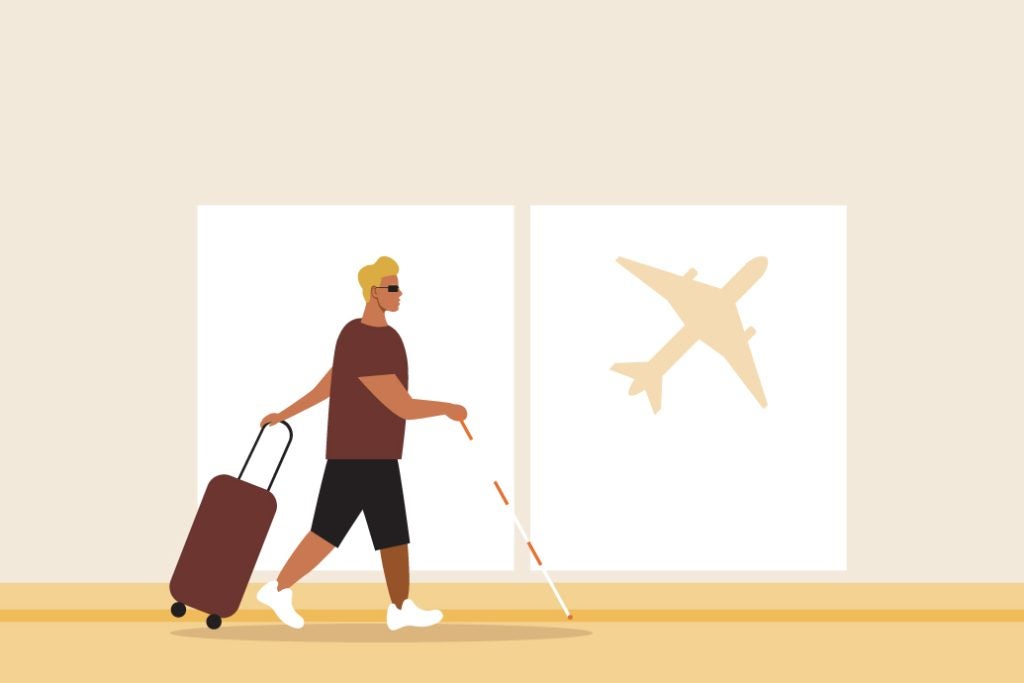
At the end of July, after witnessing a rise of cases in Spain, the UK Government decided to put the country back on its quarantine list, asking people to self-isolate for 14 days. Other countries, including Switzerland, have followed suit.
The UK Transport Secretary Grant Shapps has confirmed last week in early August that people coming from other countries, including Belgium, Andorra and the Bahamas, will be required to follow the same procedures.
The newly imposed quarantine measures are already being felt by the aviation industry, with airlines like easyJet and TUI scrapping Spain holiday packages.
Business advisory firm Quantuma Managing Director Paul Zalkin explains what will happen to the already struggling airline industry if countries start to close up again.
Ilaria Grasso Macola (IGM): Since the reintroduction of quarantine measures in countries like Spain, have you have you already seen the effects on the industry?
Paul Zalkin (PZ): The simple answer to your question is yes, there is absolute direct impact.
There is no doubt that any measure put in place, which makes the traveling experience more complicated, are having a direct impact upon levels of demand.
How well do you really know your competitors?
Access the most comprehensive Company Profiles on the market, powered by GlobalData. Save hours of research. Gain competitive edge.

Thank you!
Your download email will arrive shortly
Not ready to buy yet? Download a free sample
We are confident about the unique quality of our Company Profiles. However, we want you to make the most beneficial decision for your business, so we offer a free sample that you can download by submitting the below form
By GlobalDataAt the moment, price is not the primary driver of demand for air travel.
IGM: What factors are airlines considering when deciding whether or not cancel or reduce services ?
PZ: Primarily they have to consider whether or not they can operate the route from a legal perspective, making sure it’s possible to fly to their destination country.
Secondly, they need to consider the level of demand. Airlines have to adapt their schedules to make sure that the aircraft they are flying are full enough to make that flight profitable from an operating level, because otherwise what’s the point of having an airplane in the air?
Airlines are already struggling as it is to cover their fixed-cost base, so it would an economic folly to operate flights that make them lose money.
On the other hand, companies need to maintain a degree of goodwill with their passengers and keep the brand in focus a bit. It’s a really difficult balancing act.
IGM: What will the financial implications of prolonged quarantine measures be on the aviation sector?
PZ: Long-term lockdown and quarantine will be catastrophic for some airlines and they absolutely will not survive.
At the moment, airlines are divided into those that have comparatively strong balance sheets to be able to cope with a prolonged lockdown, and those thinly capitalised, which were struggling before coronavirus with profitability.
The consequences for prolonged lockdown will be catastrophic and I predict there will more companies that will file for insolvency processes.
IGM: Do you think that in the future there some countries will have less flights, because of Covid-19 restrictions?
PZ: With their changing advice, governments are fostering a certain level of uncertainty regarding what is and isn’t acceptable in terms of travelling, making people give up on travelling abroad. People – especially the parents whose kids might go back to school in September – are just going to say that “it’s not worth the risk and hassle. We can just live without our two weeks in Spain or three weeks in Portugal.”
IGM: What measures can be implemented by airlines to go back to pre-Covid levels of traffic?
PZ: Passenger confidence is absolutely critical. Airlines need to put measures in place that will make passengers confident that they can travel without an excessive risk to their health.
First and foremost they really need to focus on communicating a clear strategy to
Passengers as to how they will deal with on board risks. People want to see orderly process and they want there to be a clear process in place.
Some companies don’t have clear policies in place, which makes passenger not want to fly with them. Other companies, on the other hand, are very strict and organised, enforcing safety measures and even offering health insurance.
I think the other thing that needs to happen is for airlines, regulators and governments to work closely on international approved standards, which dictate what the protocols should be for embarking and disembarking.
The world aviation industry needs to have clear protocols, in the same way as it developed internationally-recognised standards after 9/11.
IGM: How can the aviation industry coexist with countries’ need to contain the virus?
PZ: With difficulty. Other than developing international standards, the aviation industry will need to be quite nimble and prepared to adapt to an entirely different business model for a long while.
My view is that airlines should focus less on trying to grow revenues and more on reducing their fixed cost-base and run much leaner operations.
Companies such as Norwegian understand this and are saying “we’re going to ignore our long-haul offering for the time being, as we can’t afford to run that business model. We’re going to focus on the short haul.” This is what airlines need to do.
IGM: What is the future of aviation according to you?
PZ: The aviation industry will undoubtedly survive and thrive, although in a different way.
In the last 20 to 30 years, the industry has grown exponentially, reaching an excess of capacity, especially with big budget airlines. This long-haul model will have to change and airlines will have to shrink to remain profitable.
Airlines will also need to make sure they have sustainable business models.
Overall, I think the industry will survive, but it will be survival of the fittest, it will be those who are able to change their business model, reduce their footprint a bit, focus on more profitable routes and fly more efficient aircraft.







